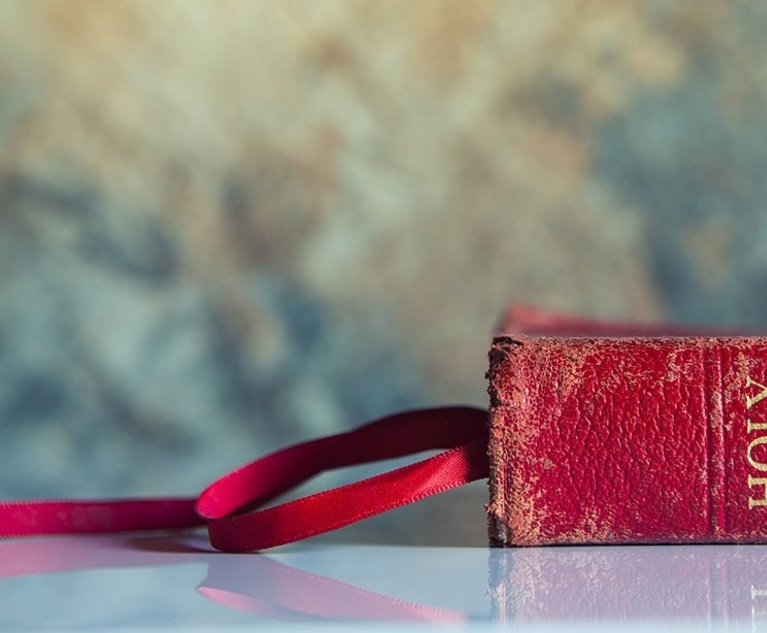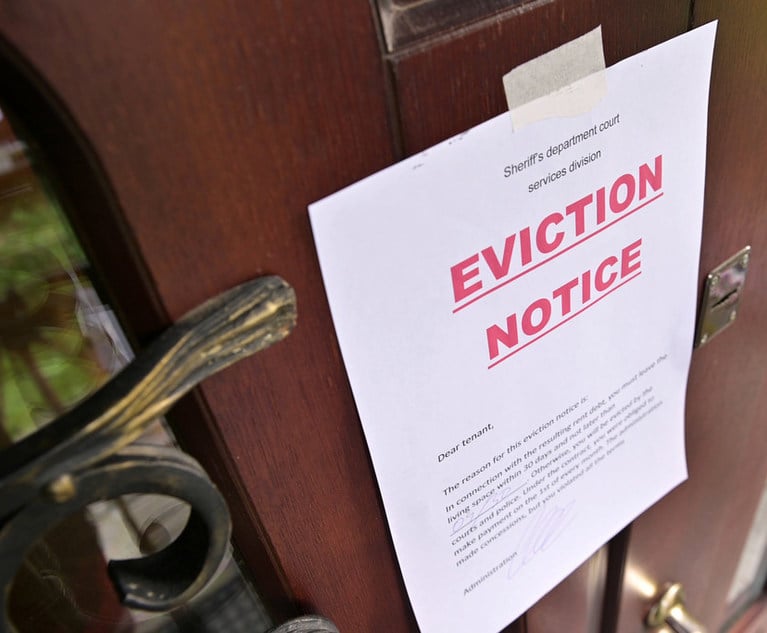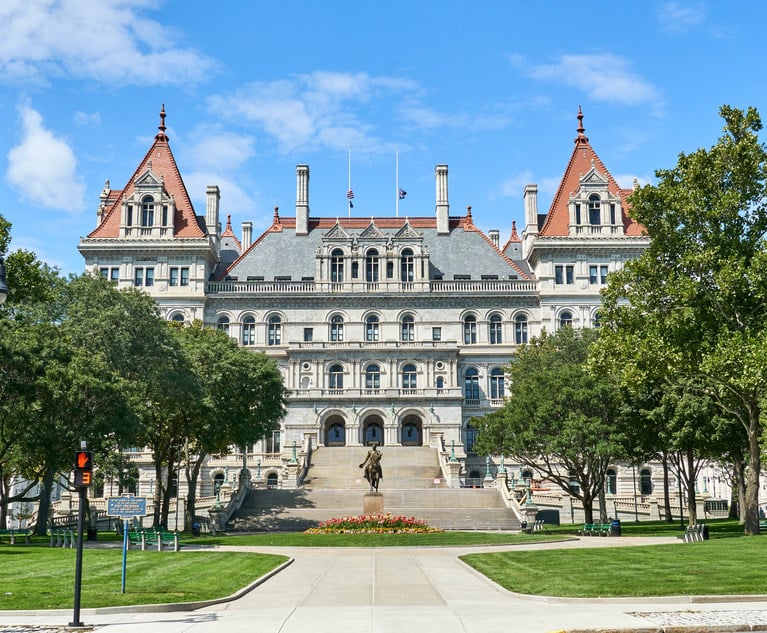The tension between an individual’s right to own, use, exclude others from use, and dispose of property, and society’s ability to limit those rights, is as old as society itself. Its roots are literally biblical.
The right to own property is considered fundamental in a free society and is enshrined in the Bill of Rights, which provides that there shall be “no deprivation of property without due process of law.” But like many sweeping rights, none are absolute. You may own property, but the government can restrict its disposition, tax it, condemn it and restrict its use in a variety of ways. What exactly is “deprivation of property” and to what extent can “due process of law” justify a deprivation?


 Bible
Bible




